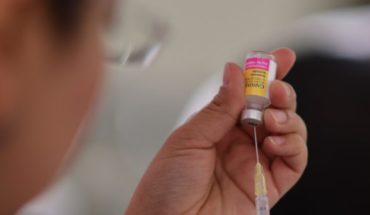We all know that with every click or like we leave when browsing the internet we produce information that can be used in multiple ways. However, we are not yet aware that health is an important generator of data, perhaps more than any other. According to current statistics, globally, the health care data set doubles every 73 days, but 95% of it is never used. So far, this information has only been used for the logistics of the benefits: to schedule, coordinate shifts, invoice, etc. My point is that health would be revolutionized if all that data were integrated in one place and processes of analytics and artificial intelligence were run to create evidence on the most appropriate way to do things, allowing to make the best decisions in the health field. Thus, we can think, in the simplest way, of a virtual assistant who coordinates all the decisions of a health team with this evidence, indicating for example: “I recommend you to reallocate these resources that are idle, move this hospital team, use these beds for these specialties”. The potential for improvement is enormous, because as more data is consumed and analyzed there is a direct impact on systems best practices. But if the pandemic taught us anything, it’s that health is about people. I am not only talking about those who suffer from an illness, but about that fundamental pillar that make up the team and the health personnel, who must be taken care of avoiding the much feared burnout. In this case, data capture and analytics can help us automate processes as much as possible, freeing up human time where it is irreplaceable: in the relationship with the patient. The coronavirus also prompted changes that seemed impossible to make in such a short time, such as the mass adoption of telemedicine (we went from an average of between 2% and 3% of virtual care to 40%). Although this critical situation has also accentuated the very low profitability of hospitals and clinics around the world, if they do not operate with the greatest efficiency. Faced with these challenges, the great paradigm shift that we can promote in health is about creating the technological infrastructure for the hospital of the future. That infrastructure is an interoperable, out-of-the-box data platform that no longer needs to replace systems, but rather integrate information to make the right decisions. In this way, the provider that has the best data will generate not only the best profitability and efficiency, but also the greatest care of the staff and the best quality of care for patients. Luciano Tourn, co-founder and CEO of Wúru, a data analytics company that delivers innovation, productivity and cost efficiency to healthcare providers around the world to ensure that all their management decisions can be made based on evidence
translated from Spanish: The post-COVID hospital: how can data analytics improve care?
July 12, 2021 |





